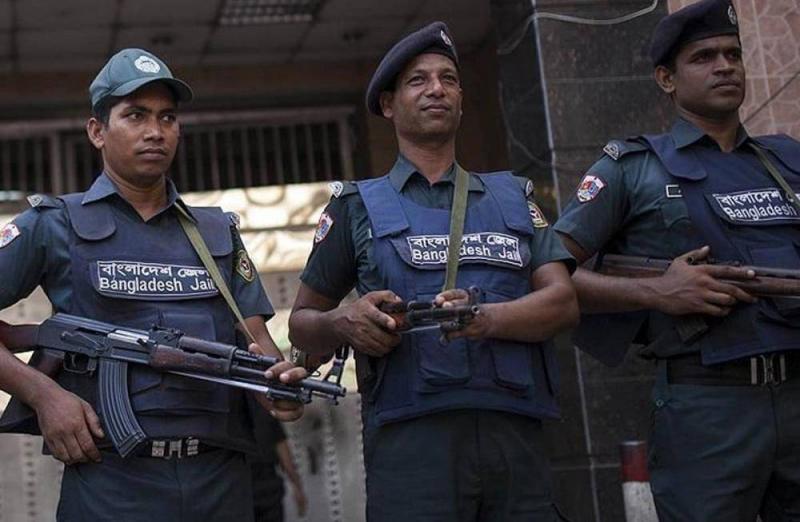Police reported that a female worker was killed and several others were injured in Bangladesh on Wednesday during clashes between the police and garment workers, who were throwing stones and demanding a larger wage increase. Following a week of violent confrontations between garment workers and the police over wages, the Bangladeshi government announced on Tuesday that the minimum wage would rise by 56.25% to 12,500 takas (114 dollars) per month starting December 1, marking the first increase in five years.
The police stated that they used tear gas and rubber bullets to disperse protests involving hundreds of workers who rejected the new wage increase and took to the streets in Gazipur, a garment industry hub on the outskirts of Dhaka. A local police officer said, "The workers blocked roads and vandalized several vehicles. We had to use tear gas, rubber bullets, and sound grenades to disperse the unruly workers who were throwing bricks at us."
Low wages in Bangladesh have contributed to the growth of its garment industry, employing about four million workers across around four thousand factories that supply brands like H&M and Gap. Ready-made garments are a cornerstone of the economy, accounting for nearly 16% of the gross domestic product.




